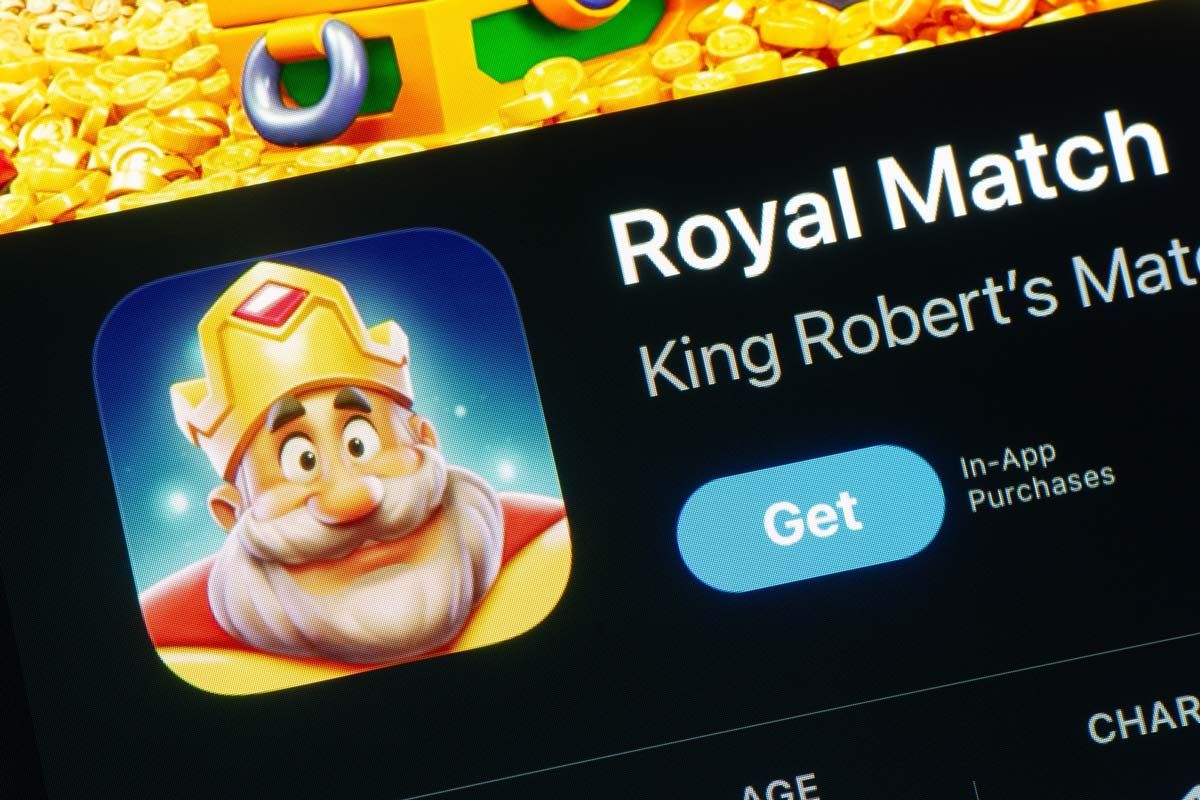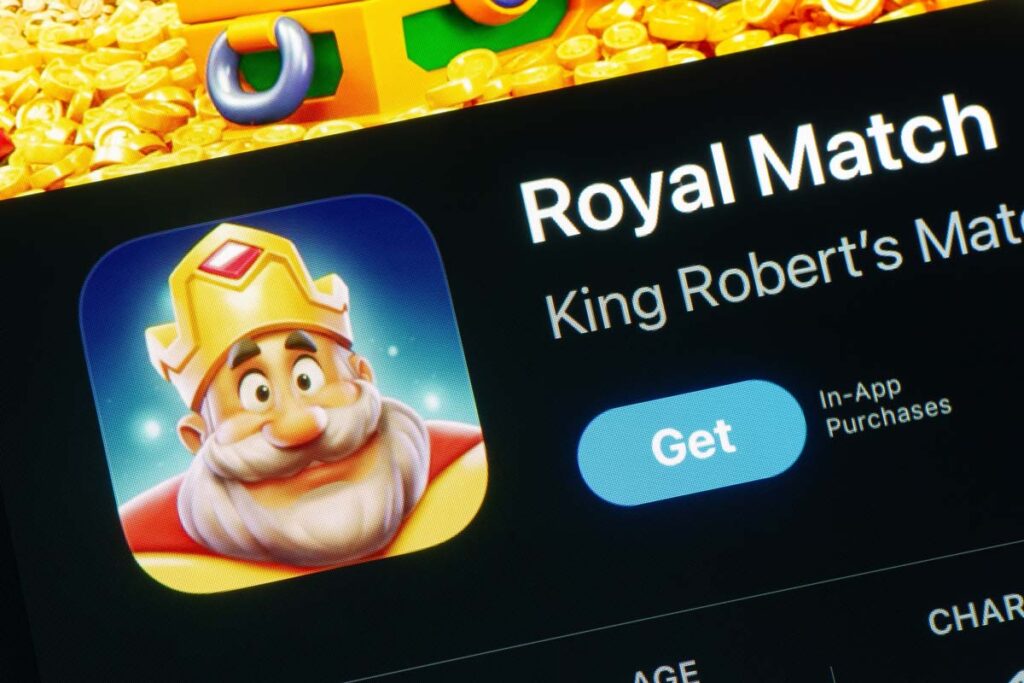Gambling
‘Addictive’ Royal Match game violates gambling laws, class action claims


Royal Match gambling class action overview:
- Who: A woman has filed a federal lawsuit against Turkish game developer Dream Games Teknoloji Anonim Şirket.
- Why: The plaintiff alleges the company’s popular mobile game, Royal Match, violates state gambling laws.
- Where: The Royal Match gambling class action was filed in a Washington federal court.
A Washington state woman has filed a federal lawsuit against Turkish game developer Dream Games Teknoloji Anonim Şirket, alleging that its popular mobile game, Royal Match, violates state gambling laws.
Plaintiff Janna Schudde filed the class action lawsuit against Dream Games Teknoloji Anonim Şirketi Aug. 8 in a Washington federal court, alleging multiple violations of state law.
Schudde’s lawsuit claims the mobile game Royal Match is addictive, and manipulates players into purchasing virtual gold coins to continue playing.
Game encourages ‘excessive’ spending, lawsuit claims
Schudde alleges Royal Match is designed to maximize addiction by manipulating the probability of success, enticing players to spend more money.
She claims Dream Games exploits psychological triggers similar to those used by casino operators to encourage excessive spending in the game.
According to the lawsuit, Schudde lost over $900 earlier this year on the game, which she alleges constitutes illegal gambling under Washington state law.
In Washington, gambling is defined as “staking or risking something of value upon the outcome of a contest of chance or a future contingent event not under the person’s control or influence upon an agreement or understanding that the person or someone else will receive something of value in the event of a certain outcome.”
Schudde’s lawsuit argues that Royal Match meets this definition, as players wager virtual gold coins, which can be purchased with real money, to gain additional moves and lives in the game.
The lawsuit draws parallels to a 2018 ruling by the Ninth Circuit in the case of Kater v. Churchill Downs Inc., which found that another mobile game, Big Fish Casino, constituted illegal gambling under Washington law. The court determined that the virtual chips in Big Fish Casino were “things of value” because they extended the right to play the game. Schudde’s lawsuit also argues that the gold coins in Royal Match are “things of value.”
Not free to play, class action says
While Royal Match is marketed as a free-to-play game, the lawsuit claims this is misleading.
Although downloading the game is free, players are encouraged to spend money on in-app items, with prices that can escalate to hundreds or even thousands of dollars. The lawsuit notes that these high-spending players, known as “whales” in the industry, generate the majority of the game’s profits.
According to the lawsuit, Dream Games has earned over $3 billion from player spending as of May 2024, with most of that revenue coming from Royal Match.
As a result, Schudde is looking to represent anyone in the United States who played Royal Match and lost purchased lives and coins. She is suing Dream Games for fraud, negligence, unjust enrichment, and for violating the state’s consumer protection act. Schudde seeks certification of the class action, damages, fees, costs and a jury trial.
Last month, MobilityWare agreed to a $100,000 non-monetary settlement to end claims brought by users of the company’s various mobile apps, who alleged MobilityWare collected user information without consent and sold it to third parties for targeted advertising purposes.
What do you think of the allegations against Dream Games? Let us know in the comments.
The plaintiff is represented by Omer Salik of Carter Arnett Bennett Perez PLLC.
The Royal Match gambling class action lawsuit is Schudde v. Dream Games Teknoloji Anonim Şirket, Case No. 2:23-cv-01215, in the U.S. District Court for the Western District of Washington.
Read About More Class Action Lawsuits & Class Action Settlements:










